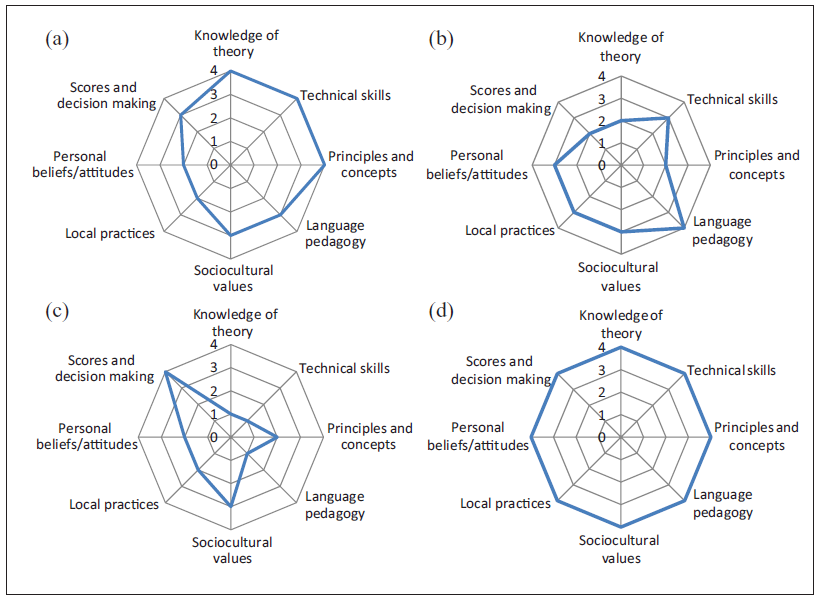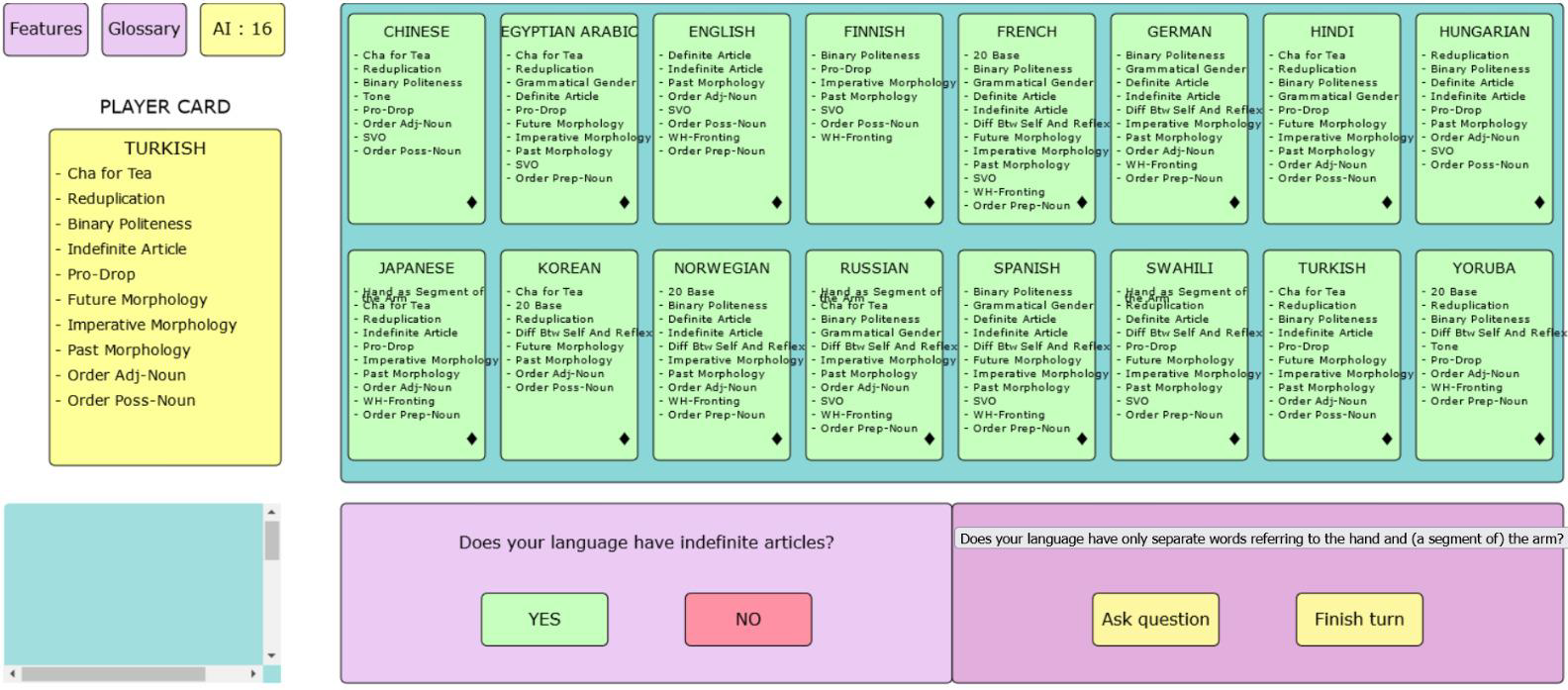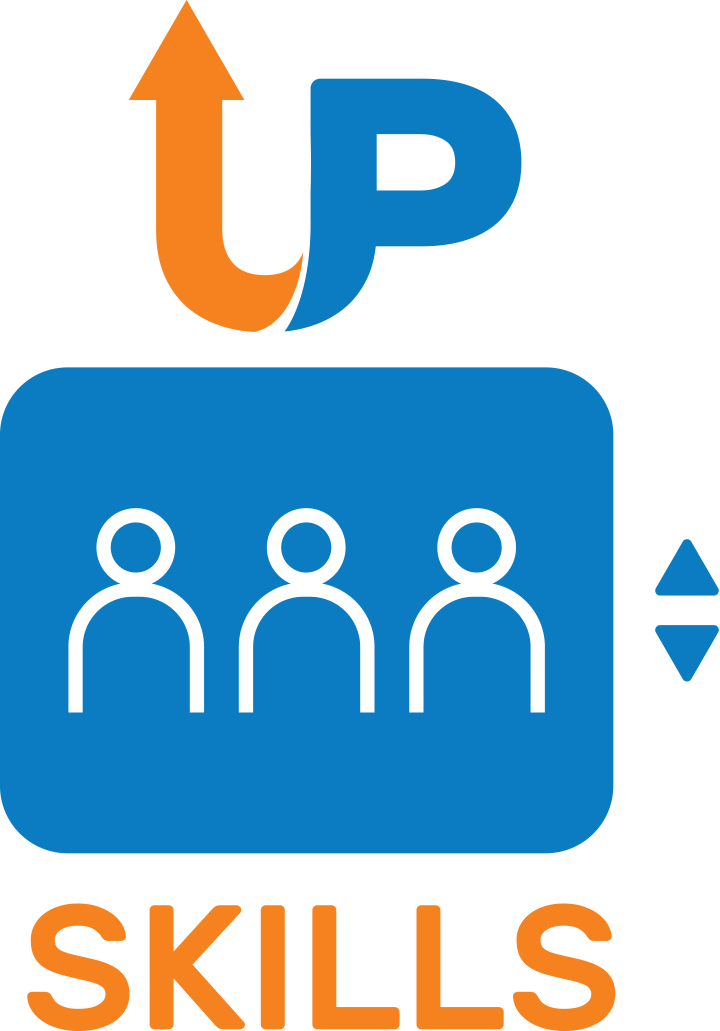Fit for the job market? Teaching transferable skills to future language experts
An account of the 2nd UPSKILLS multiplier event
The aim of the second UPSKILLS multiplier event was to share our best practices and guidelines for the collection and creation of learning content targeting transferable skills which can be put to use in language-related courses. The main objectives were to inform the participants about and train them in using the resources generated within the project so far, but we also seized the opportunity to learn from the experiences of the participants. The target group primarily involved university lecturers in language-related areas. The modality of the event was hybrid, with both audience on site in Graz and via a video-conference application (also used to record the presentations). On this page, we present a brief account of the day and include links to video recordings of the presentations as well as the slides used by the presenters as downloadable PDF files.
In this post:
- A description of the day’s sessions
- Slides by presenters
- Links to video recordings
UPSKILLS, the view from the inside and from the outside
The event kicked off with an overview of the UPSKILLS project by the coordinator Stavros Assimakopoulos (University of Malta), in which he presented the aims of the project, its teams and intellectual outputs, the deliverables and results already achieved, as well as the prospects for the future work. This overview was followed by a keynote lecture by Barbara Hinger (University of Graz), who focused on the notion of skills and their acquisition in light of the history of modern linguistic theory, with special attention for the turning points in the development of its methodology. Various applied aspects of these issues were discussed. The talk was followed by a vivid discussion which extended into the coffee break.
Presentation slides
Recordings, first session
The project’s building blocks and the (preliminary) results
In the second session, each of the four Intellectual Outputs of the project were briefly presented, focusing on their objectives, methods and tasks, and reporting on the results achieved so far. Maja Miličević Petrović (University of Bologna) presented the work on the needs analysis, consisting of a survey of curricula, a literature review, a corpus-based analysis of job advertisements, a questionnaire for the language industry, as well as of interviews with industry representatives. A synthesis of the results of these subparts led to the development of (a proposal for) a novel professional profile Language Data and Project Specialist.
In the presentation on the second intellectual output, which focuses on the Integration of research and research infrastructures into teaching, Marko Simonović (University of Graz) focused on research-based teaching and presented work in progress on the Guidelines and best practices for researchers who teach, while Iulianna van der Lek (CLARIN ERIC) engaged with the ways of capitalising on research infrastructures in teaching on the example of CLARIN.

In her presentation of the third intellectual output, which focuses on Learning materials, Jelena Gledić (University of Belgrade) provided an assessment of the existing materials, discussed issues and experiences in the creation of new learning content, an concluded with the plans for the dissemination of the created learning content.
Finally, Stavros Assimakopoulos presented the fourth intellectual output, focusing on Educational games. Starting from the lessons learned from our needs analysis, he showed how educational games and gamification can provide a context for the integration various transferable skills, also addressing the social and group-related aspects of the issue. He further discussed the typology of educational games which play a role in UPSKILLS, as well as the general approach to gamification of all UPSKILLS learning content.
This section was closed by a Q&A and discussion round, in which the participants asked about the specifics of the project, and gave us their views on the strong points and challenges of the project.
Recordings, second session
Zooming in on UPSKILLS learning content
The third and last session dived deeper into the issues of the learning content, which were the central topic of the event. This session consisted of two parts. The first part was oriented towards general and infrastructural components of the learning content. Jelena Gledić and Nađa Soldatić (University of Belgrade) tackled the didactic and technical aspects of UPSKILLS learning content, from the discussion of the inventory of available tools and methods to the optimal use of learning platforms on the example of Moodle. Iulianna van der Lek (CLARIN ERIC) and Tanja Samardžić (University of Zurich) presented the guidelines for the development and tracking of student projects, including example templates, learning outcomes, as well as the issues of grading.
Recordings, third session, part 1

This part was closed with a presentation of a content bloc example. Margherita Pallottino and Genoveva Puskas (University of Geneva) presented a content bloc which focuses on theory-based learning. They pointed out various ways in which theoretical linguistics presents fruitful ground for the development of problem-solving and other abstact tranferable skills, but also for the more concrete ones such as annotation or database development, as well as for the implementation of various didactic techniques such as gamification. The latter point was illustrated with the game Guess the Language.
The second part was opened with the presentation of another content block. Tihana Kraš (University of Rijeka) and Marko Simonović previewed a learning unit block targeting data collection from human subjects. Concrete formulations of the learning contents and outcomes were presented, ranging over research strategies, designs and methods in three areas of linguistics as different as morphophonology, second language acquisition and sociolinguistics.
Recordings, third session, part 2
Most organized learning occurs in some kind of group. Group characteristics and group processes have a direct effect on the quality and quantity of learning that takes place within a group.
The audience also had the opportunity to hear the other side of the UPSKILLS experience in the presentation by Ema Štarkl, an Erasmus Plus student from the University of Ljubljana on exchange at the University of Graz, who summarized her experience of attending a research-based course in the area of morphophonology taught by Marko Simonović and presented her own research project conducted during this course.
The program of the event was closed by an open discussion in which members of the audience and of the UPSKILLS project had a chance to discuss both the big picture and the concrete details of the presence and introduction of digital and research skills and other transferrable skills in the curricula of language-related programs.

The UPSKILLS profile
Concluding remarks
The event successfully communicated the intended information to the target group. Having started from the broad picture of the UPSKILLS project, it first narrowed the attention to each of its intellectual outputs, in order to finally focus on the intellectual output dealing with learning content. Various aspects of this component of the project were presented and discussed, from different approaches, via different (interdisciplinary) domains of linguistics to concrete content blocks. The audience showed strong interest in the presented content and engaged in discussions. Some of the challenges pointed out include the difficulty to wake the interest in students of language-related programs for content related to statistics, experimental and corpus methodology, or programming, the room to fit in the additional skills in already overloaded curricula and syllabi, as well as the challenges that such materials present for teachers trained in the traditional philological aproaches. The consensus emerged that these challenges are real, but that the benefits from the principles and materials that are being developed are sufficiently high to support the effort needed and motivate all the participants.
Posted by Boban Arsenijević and Marko Simonović (UniGraz team)
Many thanks to David Bordon for editing the recordings.

Recent Comments